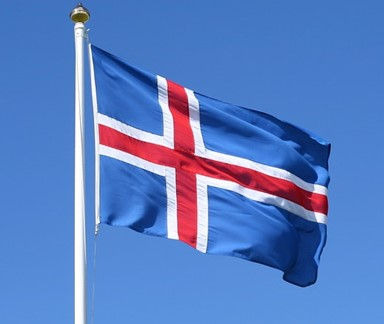Summer, Saga Conference and Students
- Silvia Hufnagel
- Aug 31, 2018
- 2 min read
Summer is traditionally a busy time for academics, filled with conferences and preparations for the new academic year. This year, the biggest conference for us „Paper trailers“ is the triennual International Saga Conference.
The first International Saga conference, held from 21 to 29 August 1971 in Edinburgh at the instigation of Hermann Pálsson, was such a success that the c. 120 attendants decided to repeat it and it has been a staple in the conference calendar of Old Norse scholars ever since. At the conference we can usually see new trends and directions of Old Norse literary studies, such as the 2006-conference in Durham and York on the fantastic in Old Norse literature.
This year the conferece was held at the University of Iceland in Reykjavík with the topic „Íslendingasögur“. A specific focus was on law and legal writing due to the 900th anniversary of Iceland‘s first written law code.

A most positive element of conferences in general and the saga conference in particular is the participation of students. Courses in Old Norse studies are not exactly filling the largest lecture halls, and there are tendencies in many universities to cut back on Old Norse courses. Often this is done little by little, perhaps by giving the vacant chair of a retired Old Norse professor to a professor of modern literature. Sometimes, however, it is done in a more drastic and spectacular way, as we could recently see at the University of Copenhagen, which announced to not offer courses in Old Norse, Icelandic and Faroese from now on due to insufficent student enrolments. The sight (and active participation!) of students at conferences gives us thus hope that younger generations share our enthusiasm for all things Old Norse.
The summer, with preparations for the next university courses, is perhaps also the right time to consider what it really is that we teach. With regard to this year‘s saga conference, when we teach Icelandic family sagas, we teach, for example:
How problems arose in the past and how people dealt with them, both successfully and unsuccessfully.
How we can analyse a topic in a clearly structured, comprehensible and coherent way.
How we can employ various and different approaches to a new topic.
Where we find answers to our questions, new input and information.
And last but not least, how awesome the sagas and their manuscripts and books are!
Happy summer, everyone, and hope to see you again here in September!





Comments